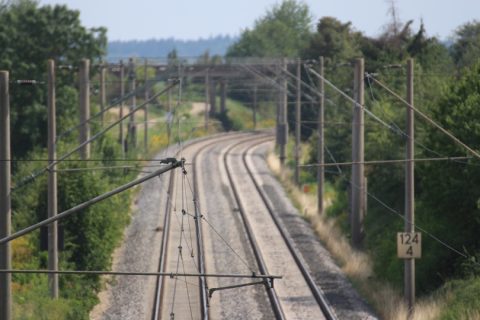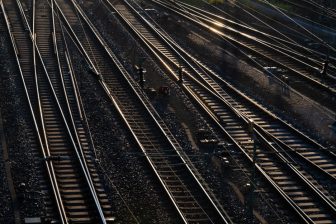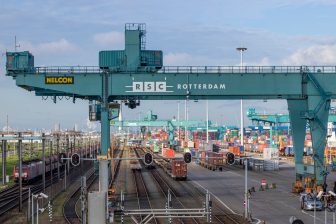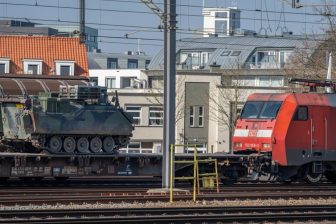
Energy crisis: Maersk implements fuel surcharge for rail services in several countries
Image: Pixabay. David
The continuously rising energy costs seem to impact even the biggest industry players. Maersk has decided to introduce a fuel surcharge for rail, combined and intermodal transport services in several European countries. The surcharge will be implemented from 1 December onwards, given that the situation does not improve.
Do you want to read the full article?
Thank you for visiting RailFreight.com. Become a member of RailFreight Premium and get full access to all our premium content.
Are you already a member?
Having problems logging in? Call +31(0)10 280 1000 or send an email to customerdesk@promedia.nl.




